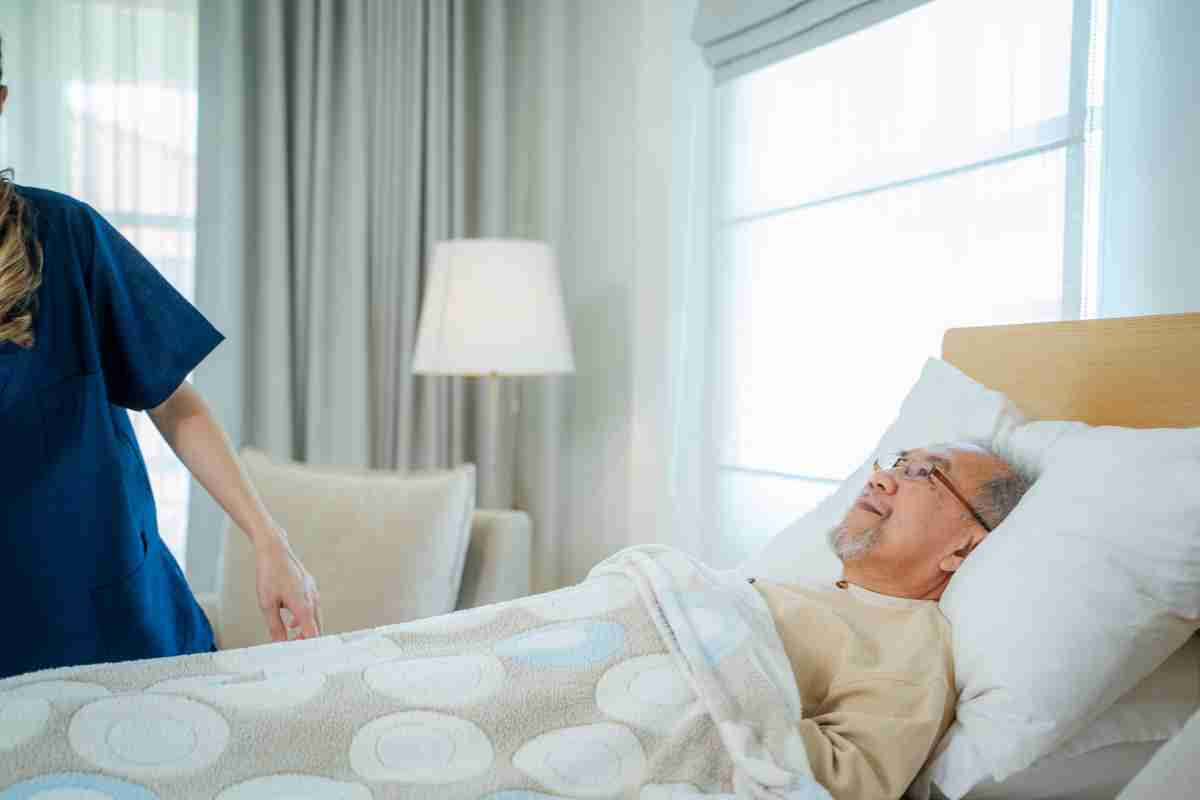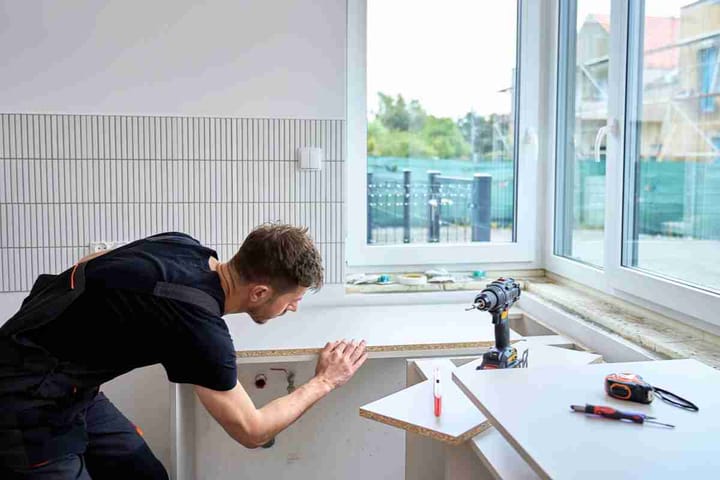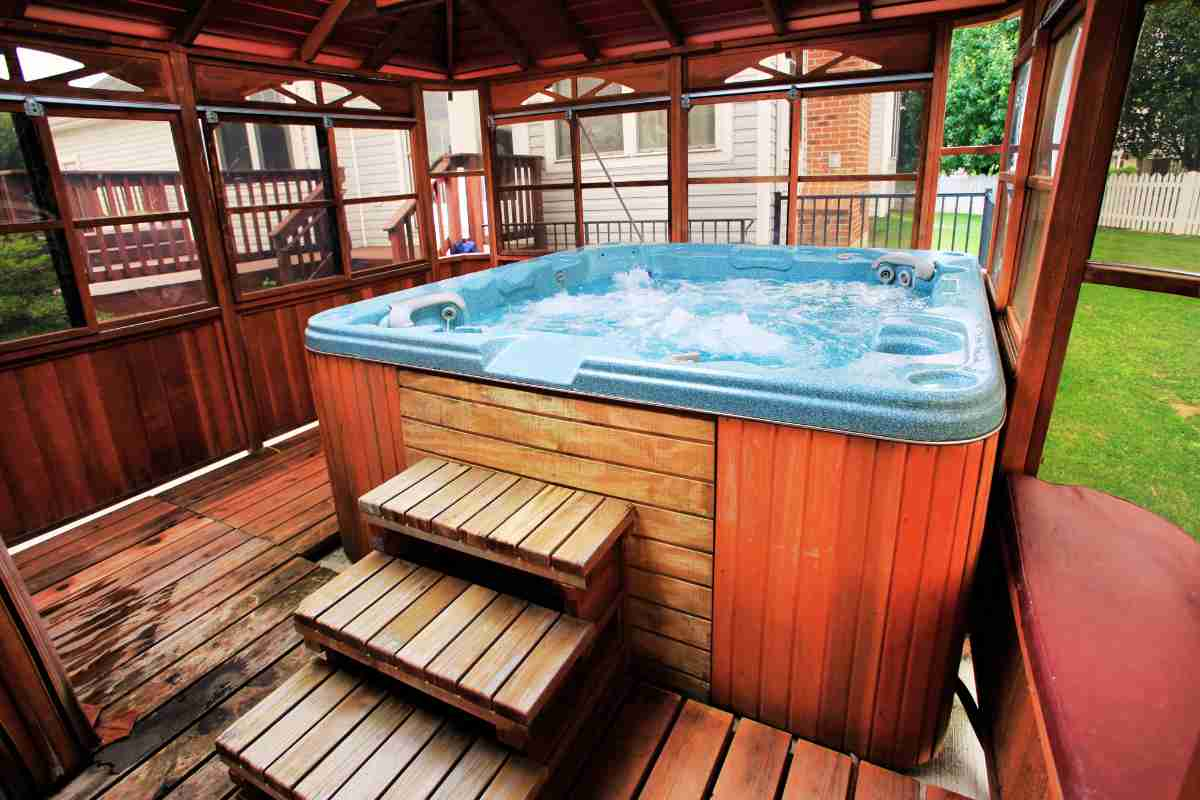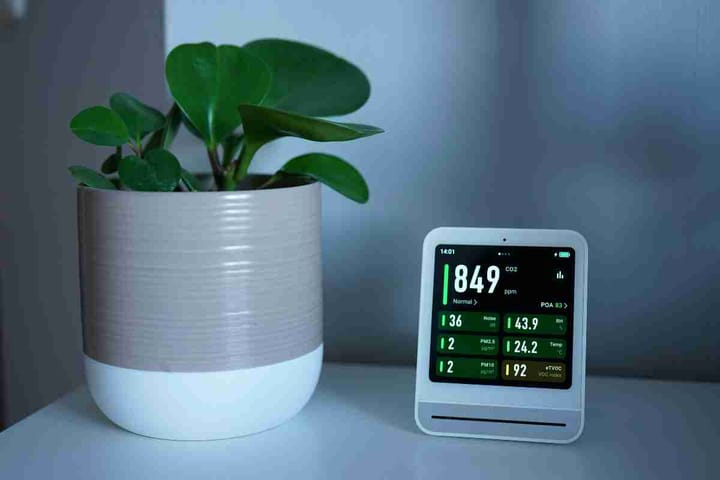How To Prepare For Health Care In Your Own Home
Get licensed medical care at home, affordable and effective. Enjoy faster recovery and reduced infection risks with personalized care plans from experts.

Licensed medical professionals provide various services you can get in your home for an injury or illness. Home health care can be a more affordable option and is just as effective as the treatment you get in a hospital or skilled nursing facility, which means you can experience improved outcomes, including a reduced risk of infections and faster recovery/rehabilitation. Science and technology have improved, so treatments that could only be done in a healthcare institution can now be done at home. Along with the doctor, the staff creates a plan of care so you can keep your best physical, mental, and social well-being.
Delivering hospital-level care in the patient's home has been a strategy for many medical facilities in Ireland and several other countries worldwide. Short-term implementation can be an invaluable resource in answering a public health emergency by reducing the pressure on hospitals, allowing them to concentrate on non-ambulatory care.
To exemplify, during infectious disease outbreaks, acute care delivery at home enables high-risk individuals to have their needs met from the safety and comfort of their homes. Needless to say, a doctor or another health care provider must have an in-person visit before certifying you need home health services.
Small Modifications Can Help Improve Health Outcomes & Long-Term Care Costs

Quality medical care can be administered to interested patients with qualifying conditions at home. Hospital admission isn't always the appropriate solution as it has the potential for physical, psychological, social, and economic consequences. In people with frailty, even a short-term stay is associated with increased mortality. Updating the home's design can make a substantial difference in health outcomes, so assessing the importance of change and forming an opinion based on facts rather than your own beliefs is necessary. Make changes to the interior or exterior of your home to improve accessibility and guarantee it remains a safe place for you.
Here's A List Of What You Can Do For Improved Comfort & Independence
Many families looking for solutions fail to understand the difference between durable medical equipment and home modifications. Primary care supplies, such as hospital beds, oxygen tanks, and wheelchairs, are used in the home to promote a better quality of living, but only where such vehicles are determined to be fundamental. By contrast, home modifications require a contractor to make changes, alterations, and repairs that make the property more livable for individuals with different ailments. Examples include but aren't limited to:
Increasing The Width Of Door Openings
Widening your doorways ensures freedom of movement for wheelchairs, walkers, and scooters. Any resident who uses a mobility device is at risk for falls, so you should consider instituting appropriate prevention strategies. The consequences of falls are often traumatic, occasioning fractures, not to mention they're the most common injury-related cause of death. Increasing the door openings' width makes your space more inclusive.
Improving Access To All Areas Of The Home
A stairlift can make the home more accessible by eliminating the need to climb stairs. You can independently take care of some of your needs, such as visiting the toilet, and live a happy and fulfilling life. Stairlifts are recommended for people with leg weakness, neurological conditions, and congestive heart failure, to name a few. The installation cost depends on the number of lifts, stairway width, and whether emergency access is available.
Installing Grab Bars & Railings
Grab bars and railings support balance and provide supplementary measures against accidental slips and falls, so install them before you need them to reduce your safety risks long-term. A caregiver can use safety devices to help transfer a patient from one place to another. If your property poses extensive safety hazards, more installations will be required, and the final cost depends on your needs and design choices.
While Home Health Care Is Advantageous, There Are Some Considerations To Note
Home health care is an agreeable alternative to traditional hospital care, offering medical assistance and support in a familiar environment so you can maintain your daily routines, stay connected with friends and family, and enjoy peace and relaxation. Nevertheless, home care recipients are exposed to possible medication errors. The fallacies you encounter in the home differ from those in the hospital setting, where diagnostic errors are responsible for adverse events, giving rise to medical negligence lawsuits. The law provides a remedy for victims who suffer harm due to the carelessness of medical professionals.
A failure in the drug treatment process doesn't hint at the efficacy of the medication but the human failure. To be more precise, patients become victims of age and time, taking the wrong dose or quantity of medications, omitting medications, or taking unauthorised drugs. Multiple solutions can be implemented by the home care clinician, such as having the pharmacist review the number of drugs, teaching the patient to keep a list of their medicines, and even referring them to a social worker. While there are limitations and challenges, home health care can still provide many advantages despite limited medical procedures and lack of specialised equipment.
Wrapping It Up
There's no place like home. Home-based medical care isn't only safe, but it's also associated with lower mortality rates, a reduced use of skilled nursing facilities, and a decreased need for further hospitalisation. It's critical to make the space free from obstructions, obstacles, and hazards, so take as much time as you need to go through your residential environment to ensure its safety. Examples of worthwhile improvements include but aren't limited to widening doorways at entrances, installing railings, support bars, etc., and modifying the stairways.
Home health care relies on the availability of the paid helper, and while efforts are made to ensure consistent treatment, there may be instances when they're unavailable due to illness or scheduling conflicts. Caregiving is learned through trial and error. Practice doesn't always make perfect. Victims and their families have the legal right to seek compensation and justice against those responsible for abuse. Serious medical negligence is relatively rare compared to other types of personal injury, but it does happen.




Comments ()